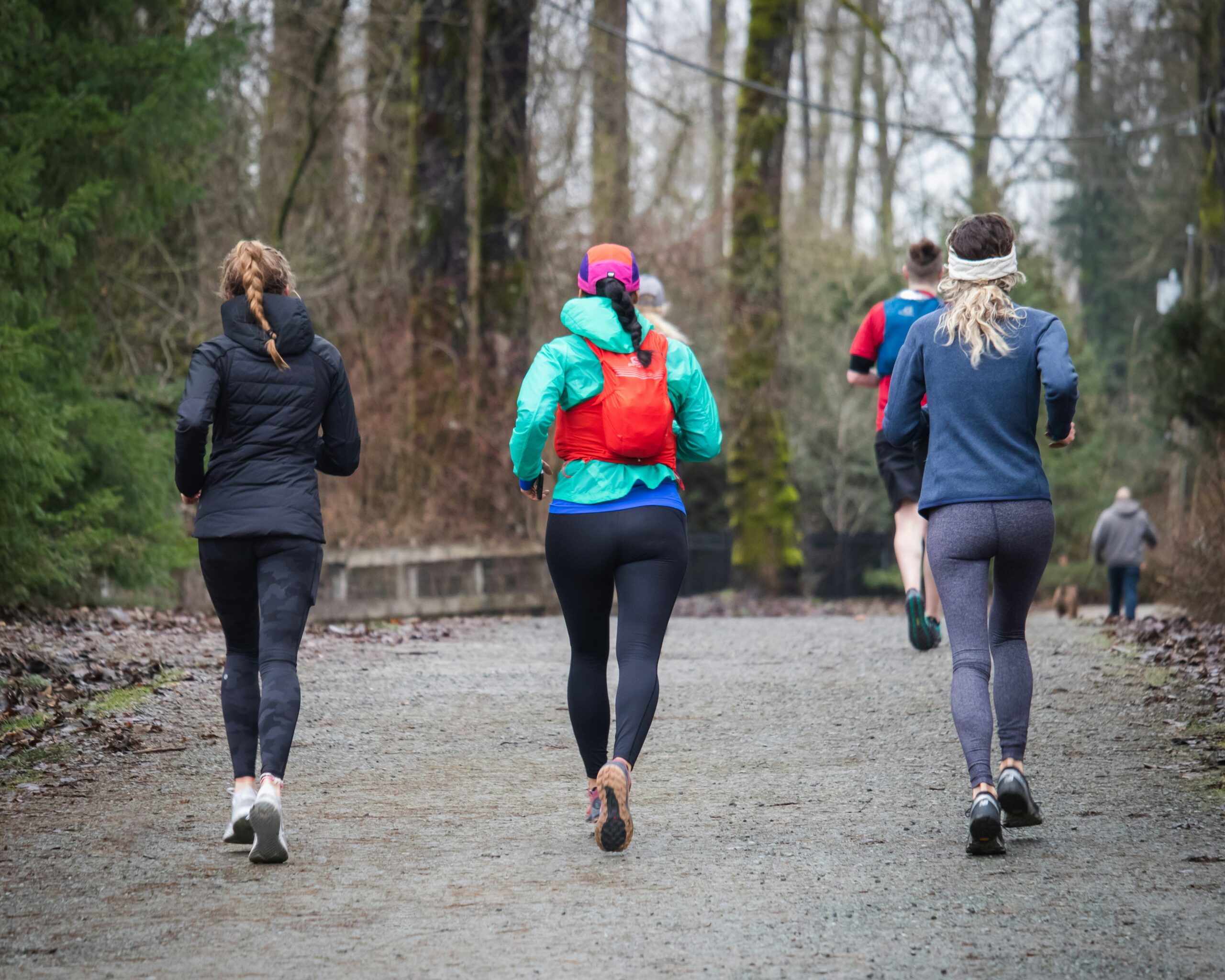Revolutionizing Grassroots Sports: The Power of Technology
Grassroots sports clubs are more than just spaces for physical activity—they are essential pillars of community engagement, fostering social inclusion and empowerment. In recent years,

Practicing physical activity regularly can help improve your psychophysical well-being, helping to prevent illnesses, maintain health, and manage stress, mood, anxiety, and depression.
The benefits of sports on mental well-being are many.
Team sports offer numerous advantages, both because they promote socialization and personal challenge, and because they can help overcome any difficulties related to judgment or introversion. Achieving goals together with the group makes you feel part of a functional system, improving well-being without excess.
Group physical activity, guided by a coach, can be particularly useful in overcoming any psychological problems.
However, it is important to pay attention to addiction to sports, a risk that is sometimes emphasized by social models. The characteristics of this addiction are similar to those of other addictions: anxiety when skipping a workout, obsessive control over physical activity, difficulty concentrating on other aspects of life due to constant thoughts about sports, and an incessant desire to overcome one’s limits. It is essential to stop when you feel tired and when sport becomes the only dominant thought, asking for help if necessary.
Physical activity is always indicated, but above all, it is a valid help for mood disorders, and for the management of cognitive fog that we have heard so much about as a consequence of COVID-19 but which can also be linked to poor quality of sleep. Patients with mild mood swings often report waking up tired in the morning, feeling foggy/confused, in these cases, a walk, or rather a brisk walk as soon as they wake up, helps to reactivate and start the day differently, better if also in the sunlight.
The relationship between psychological well-being and sports performance is bidirectional: having good self-efficacy defined as awareness in knowing one’s tools to achieve goals and confidence in being able to achieve them, as well as greater confidence in oneself and one’s potential are all cognitive and psychological skills that positively or negatively influence performance and help in managing the stress of the performance itself.
In the last Olympic Games there was much discussion about the tears of the athlete Benedetta Pilato, a nineteen-year-old swimmer who reached fourth place in the 100-meter breaststroke, and about her tears at the end of the race she said she was happy with the result obtained. This is a good example of good self-efficacy, self-awareness, and gratification achieved with sacrifice, commitment, and self-care also from a psychological point of view. Pilato herself, in the Tokyo 2020 Olympic Games, was eliminated for irregular movement. Her story shows that she was able to overcome the disappointment of elimination and accept the judgment, set a new goal, prepare herself using her physical and mental strategies, and achieve a remarkable goal at just 19 years old.
Sport must be an ally to make you feel better, not always a goal, a victory, a competition that leads to identifying with those results and losing sight of the rest, with the consequence of feeling like a failure when those results do not arrive.
Reflecting on your own abilities, on what drives you to achieve those results can help you feel better, and comparing yourself with friends, instructors, and family members can help. Fortunately, even some of the best athletes in the world have broken the taboo on mental well-being, or rather on mental illness.
Grassroots sports clubs are more than just spaces for physical activity—they are essential pillars of community engagement, fostering social inclusion and empowerment. In recent years,
The What Women Need project aims to combat social isolation and gender-based violence by bringing women into the world of sports. In many cases,
Today we held a key meeting with the partners of the “What Women Need” project, in which we assessed the progress made to date and
In an era where sports have become a powerful tool for societal transformation, “Mermaids for Inclusion” project. co-financed by the EU Erasmus+ Sport and Government
Practicing physical activity regularly can help improve your psychophysical well-being, helping to prevent illnesses, maintain health, and manage stress, mood, anxiety, and depression. The benefits
The Water Sports Festival (WSF), a project co-financed by the European Union within the Erasmus+ Sport framework, held in Zagreb from August 24–31, 2024, was